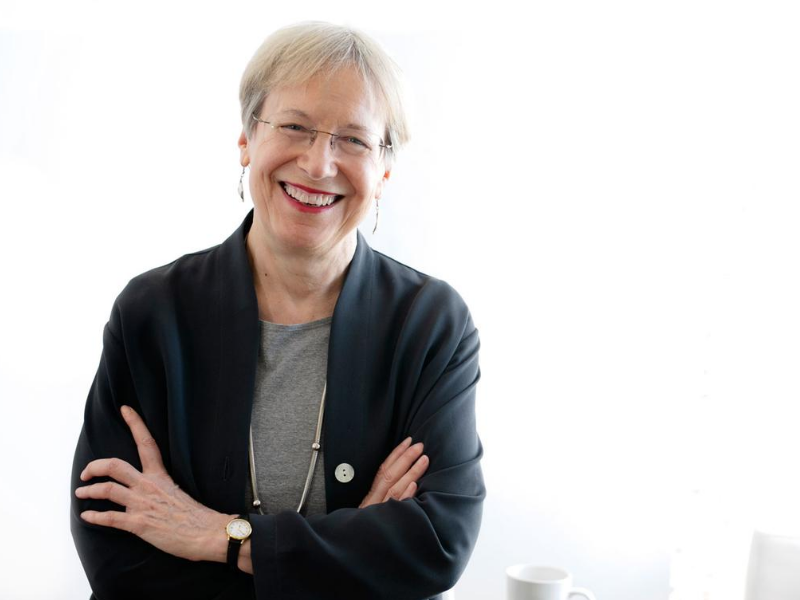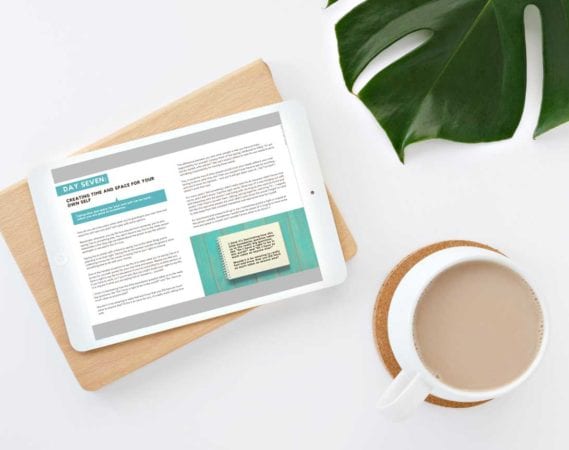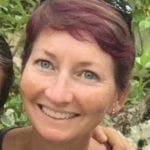What is Inner Relationship Focusing anyway?
On this page, you’ll find a bunch of helpful information about Inner Relationship Focusing.
We know “Inner Relationship Focusing” is a mouthful, so you’ll frequently see it referred to on our website as Focusing or IRF.
So, to answer the question, Focusing is a body-oriented process of self-awareness and emotional healing.
It’s as simple as noticing how you feel–and then having a conversation with your feelings in which you do most of the listening.
What is Inner Relationship Focusing anyway?
On this page, you’ll find a bunch of helpful information about Inner Relationship Focusing. We know “Inner Relationship Focusing” is a mouthful, so you’ll frequently see it referred to on our site as Focusing or IRF.
So, put simply, Focusing is a body-oriented process of self-awareness and emotional healing. It’s as simple as noticing how you feel–and then having a conversation with your feelings in which you do most of the listening.
Focusing starts with the experience of feeling something in your body that’s about what is going on in your life.
When you feel jittery in your stomach as you stand up to speak, or when you feel tightness in your chest as you anticipate making a crucial phone call, you are experiencing what we call a “felt sense” – a body sensation that is meaningful.
If you’re like most of us, you try to get rid of those uncomfortable feelings. What probably doesn’t occur to you, unless you know Focusing, is to listen to the feeling and let it speak to you.
When you let the feeling speak to you, you’re allowing yourself to be open to the depth and richness of your whole self. And when you listen to the feeling, it’s much more likely to relax, release, and let you go on with what you’re doing in a clear and centered way.
It’s easier to understand Focusing by actually experiencing it. Here are a couple videos to help.
Watch Ann Weiser Cornell do Focusing
Try a Guided Exercise
Where Did Focusing Come From?
Focusing was discovered in the late 1950s when Professor Eugene Gendlin of the University of Chicago researched the question: “Why is psychotherapy helpful for some people, but not others?”
Gendlin and his colleagues studied recordings of hundreds of therapy sessions and made a fascinating and important discovery: successful therapy clients were able to do something more than worry about the future or react to the past. They could pause and pay attention to what was happening in the present moment, in their bodies, in response to the problem at hand. Sometimes in ways that words could not easily convey. Gendlin called this a “felt sense,” and developed the method he called “Focusing” so that anyone could learn this profound way of experiencing breakthroughs in whatever has been holding them back.
Focusing allows you to get past what has been making you stuck, using the body-mind’s inherent ability to heal and live forward into new possibilities. Inner Relationship Focusing is a further development of Focusing created over many years of work by Ann Weiser Cornell and Barbara McGavin.

Frequently Asked Questions
Click on the question to reveal the answer.
Would You Like to Move Forward?

Take the Inner Relationship Focusing Training Program
Focusing can be hard to learn on your own. Ann was one of many who benefited from the help of Focusing teachers, groups, and partners. Her experience led her to create Your Path to Lasting Change, our Inner Relationship Focusing Training Program. It’s the most efficient and effective way to teach you how to use Focusing in every situation where you need it.
Find out when our next class starts and get on your way to learning Focusing!

Schedule a Session
In a one-to-one session, you are guided through the Focusing process. We take you through it with respectful and compassionate suggestions. You can expect to feel deeply understood, with your concerns and your goals at the center of the work.
It’s possible that just one session can bring relief and insight. We offer sessions at 2 price points, from free (with a trainee) to $225 (with Ann Weiser Cornell).

Explore Our Library
You can find an extensive collection of articles, videos, and free e-courses in our library.
You can also take a deep dive into an expansive collection of Ann’s Focusing Tips. There are over 800 of them that talk about how to bring Focusing skills into daily challenges. We have free e-courses covering topics like working with an inner critic, getting started with the Focusing process, and using Focusing in your therapy practice.
How Focusing Has Helped Others

The World of Focusing
The Focusing process was developed by award-winning psychologist and philosopher Eugene Gendlin out of research into successful psychotherapy and his philosophy of the implicit. His best-selling book, Focusing was first published in 1978. Since then, Focusing has spread all around the world as a process used to enhance people’s lives in countless ways.
Ann Weiser Cornell was one of Gendlin’s early students, starting in 1972. After teaching with him for a number of years, she began developing her own approach to teaching Focusing, calling it “Inner Relationship Focusing.” After she was joined in that process by Barbara McGavin, she and Barbara also developed “Treasure Maps to the Soul,” an application of IR Focusing to life’s most difficult issues.
Ann and Barbara have trained many people worldwide as practitioners of Inner Relationship Focusing. Here is a Directory where you can find a teacher near you.
One of the most striking applications of IR Focusing is how it is being taught in Afghanistan and Pakistan by Dr. Pat Omidian and her students, supported by Nina Joy Lawrence, in a community-health model.
The primary resources for Focusers all over the world is the International Focusing Institute, the nonprofit organization founded by Eugene Gendlin. It is presently based in New York and the Executive Director is Catherine Torpey. The Institute operates a website with a bookstore, archives of articles and research about Focusing, a directory of Focusing teachers and therapists, and certification of Focusing Trainers and Coordinators. Joining as a member connects you with the heart of the Focusing world! The International Focusing Institute, 15 N. Mill St., Nyack, NY 10960, USA 1 (845) 480-5111 info@focusing.org https://
The International Focusing Conference is put on every year, usually in May, by local groups of Focusing people. To find out when and where the next Focusing Conferences are, see www.focusing.org/conference.html.
The Institute for Bio-Spiritual Research was started by two Jesuit priests, Peter A. Campbell and Edwin M. McMahon. They too have a worldwide network of people applying Focusing to daily life, families, schools, and especially spirituality. www.biospiritual.org
Have more questions about Focusing?
We’re happy to answer any questions you might still have. Fill out the form to send us an email and we’ll get back to you as soon as possible. Our office hours are Monday – Thursday, 10am – 4pm Pacific time.







